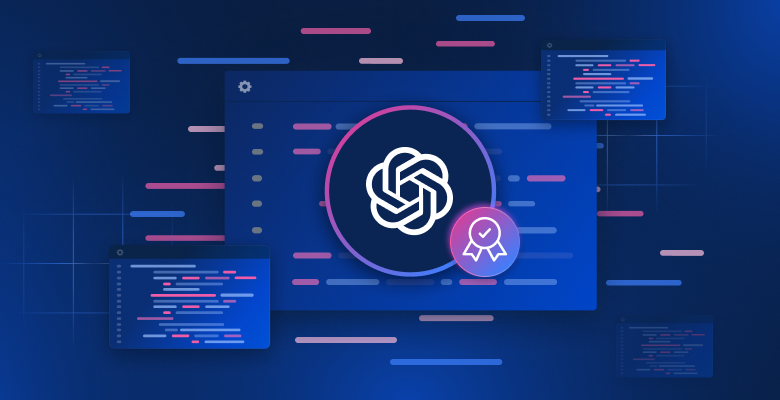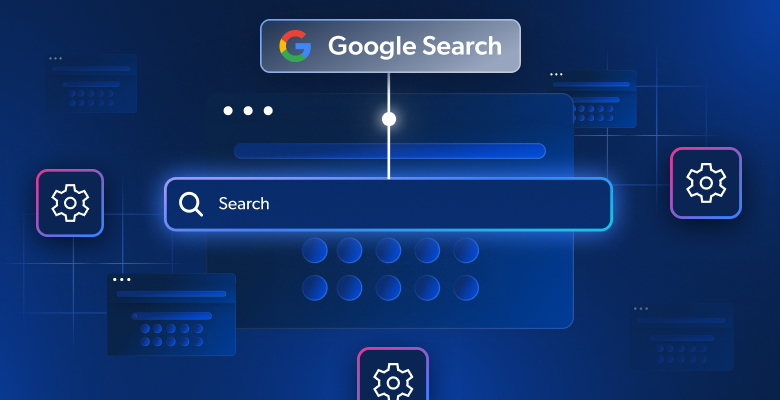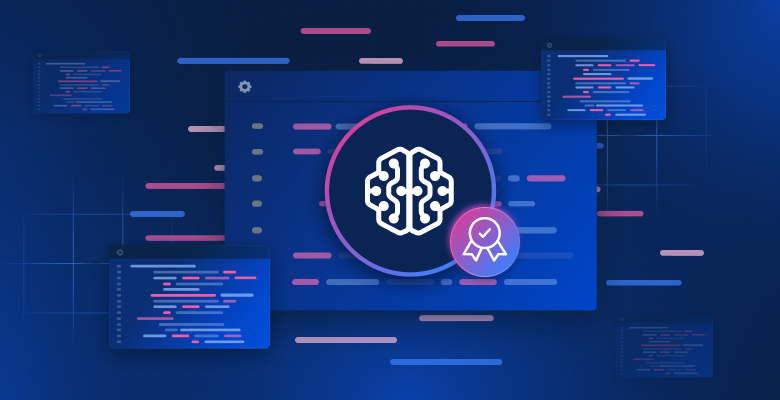Let’s explore what you need to take into account to find the best web scraping providers.
In recent years, more and more companies have integrated data into their business processes. To address this need, many companies offering online data extraction features have sprung up. Out of all these, what are the best web scraping services?
In this guide, you will see the key elements to stress when comparing scraping providers and find an answer to that question. Regardless of your requirements, by the end of this article you will know how to choose the right service for you.
In detail, here you will see:
- What to consider when evaluating a web scraping provider
- 5 don’ts when selecting scraping services
What to Consider When Evaluating a Web Scraping Provider
Let’s dig into the most crucial factors to analyze when choosing a reliable scraper.
Features and Tools
Providers usually offer several scraping tools, each with its own peculiarities and characteristics. It is up to you to adopt the right one depending on your specific use cases and requirements. Here are some of the tools commonly provided by these services:
- Browser extensions: Plugins that allow users to extract data from sites directly while exploring them in the browser.
- Desktop apps: Standalone applications that have a user-friendly interface for configuring and running scraping tasks. They are typically no-code or low-code tools.
- Scraping API: A set of endpoints with data retrieval capabilities that can be integrated into any web application or workflow.
- Scraping browsers: Dedicated GUI or headless browsers specifically designed for web scraping.
- Scraping IDEs: Tools for developers that make it easy to build and manage data extraction scripts.
- Scraping SDKs: Libraries available for several programming languages to access the features offered by the service directly in the code.
Depending on the tool chosen, you will gain access to a set of the following features:
- Anti-bot bypass: Techniques and mechanisms to avoid detection and blocking by anti-scraping measures.
- Proxy integration: To anonymize HTTP requests and protect your IP. Learn more in our in-depth guide on proxy IP types.
- JavaScript rendering capabilities: To execute JavaScript code while rendering target sites, allowing access to dynamically retrieved content and pages rendered by browsers.
- Automatic data transformation: Built-in options for preprocessing, formatting, and transforming scraped data into the desired output format.
These elements play a vital role in enhancing the efficiency, flexibility, and effectiveness of your data extraction efforts. Opt for a provider that offers tools and features that align with your scraping objectives and requirements.
Customization and Flexibility
A good service should offer options to retrieve data from any site, regardless of its layout or structure. That is what customization is all about. You do not have to feel limited by the restrictions imposed by the tools. Quite the opposite, you should have the ability to integrate them into your scraping process and use them against any site.
In other words, the provider needs to guarantee a high level of flexibility. Its offer should not be limited to a few popular sites, layouts, or scenarios. Unfortunately, this is what usually happens with free options or when newcomers enter the market. Here’s why it is best to avoid them.
Bear in mind that sites keep receiving updates and layout changes. Just because the provider you choose fits your current needs does not mean that it will always be so. Switching to a competitor would cost you time and money, and it should be avoided. Thus, try to make a future-proof decision. Take into account aspects that are not currently a priority but may soon become so.
Cost and Pricing Plans
By understanding the pricing structure of a data extraction provider, you can determine the value of the service they offer. Here are some common pricing plans you are likely to come across:
- Free plans: They come with limited features and capabilities, targeting small-scale or occasional scraping needs.
- Freemium plans: They involve a combination of free and premium features. You have access to the basic functionality for free, but advanced features or support are available at a charge.
- Pay-as-you-go plans: You are charged for the actual usage of the service. Typically, you are billed based on the volume of data scraped or the number of requests made.
- Subscription-based plans: You pay a fixed monthly or yearly fee for a predefined set of features. The subscription levels are usually defined by the number of requests or data traffic usage.
- Enterprise Plans: Custom pricing plans tailored for large-scale scrapers. They generally include dedicated support.
Think about the balance between cost and the value delivered by the provider, ensuring that its pricing is in line with your budget. To do so, assess factors such as data volume, required features, and support options. Also, watch out for hidden costs like overage charges or support fees.
Look for companies that offer a free trial and test their tools before committing to a paid plan. This way, you can ensure they meet your needs. A refund policy is an added peace of mind, as it allows you to get your money back if you are not satisfied.
Data Quality
Some companies not only offer web scraping tools but also sell ready-to-use datasets or create them on demand. Scraped data forms the foundation of several decision-making processes and business strategies. This is why high-quality data is so crucial.
Poor data quality can lead to incorrect insights, wrong conclusions, and ineffective decision-making. It can negatively impact various aspects of your operations, including market research, competitive analysis, and pricing strategies.
A trustworthy vendor should ensure high-quality data recovery through its features. These should include data validation, cleaning, and formatting functionality to eliminate inconsistencies, errors, or irrelevant information.
Before making a decision, study the vendor’s track record and reputation for data quality. Search for testimonials or case studies that demonstrate it consistently provides high-quality data. You can also request sample datasets to evaluate the state of its data extraction procedures.
Reliability and Stability
Reliable web scraping services prioritize consistent uptime and ensure high availability. This requires a robust infrastructure with redundant systems to minimize downtime and advanced technologies for heartbeat monitoring.
To assess performance, utilize the free trial period to conduct various tests. Factors to consider include connection speed, response time, and the success rate of the APIs and proxies. Additionally, explore their customer reviews on Trustpilot and G2 to gain valuable insights into other users’ experiences. Opting for providers with a proven track record of reliability is vital, as this directly impacts the efficiency of their offer.
Scalability is another critical aspect to consider. Make sure that the provider can effectively handle varying levels of traffic volume without compromising performance. Companies equipped with an extensive distributed network are generally better equipped to manage increasing numbers of requests.
Support and Maintenance
The provider should ensure support, assisting you whenever you need help. It must have a dedicated team available to address your queries, provide guidance, and troubleshoot any issues that may arise during the data retrieval process. For example, it should provide knowledgeable technical support. Ideally, 24/7.
Regular updates and bug fixes are also crucial to ensure a smooth experience. Best scraping services actively maintain their solutions, guaranteeing they are always up-to-date and secure.
Note that support does not stop at emails or live chats but also involves comprehensive documentation and FAQs. These resources make it easier for users to build robust scrapers, offering essential information and instructions. For teams who are new to data scraping, consider providers that offer training and onboarding assistance.
Service-level agreements (SLAs) outline the level of service you can expect from a supplier. This includes guaranteed uptime, response times, and resolution times for support issues. Before purchasing a plan, spend some time going over the vendor’s SLA. Verify it meets your expectations and business requirements, especially if you have enterprise needs.
Compliance with Legal and Ethical Standards
Review the vendor’s Terms of Service or User Agreement documents to ensure that its data extraction features follow legal and ethical guidelines. Compliance with industry standards proves a responsible and respectful approach to web scraping.
In particular, data privacy is of utmost importance. Evaluate the provider’s commitment to respecting data protection regulations, such as GDPR. Explore the measures it has in place to handle online data securely and protect PII (Personally Identifiable Information). Trust services that enforce KYC (Know Your Customer) verification policies to maintain the integrity of its user base.
Consider the company’s approach to intellectual property rights. Check that the company respects copyrights and trademarks and is against scraping activities that infringe on the rights of content owners.
Ethical considerations are also relevant. Best web scraping providers refrain from retrieving sensitive or confidential information without proper authorization. Reputation and compliance records are good indicators as well. Research the supplier’s reputation and look for any history of litigation or ethical issues.
5 Don’ts When Selecting Scraping Services
When selecting the best scraping service for you, you should avoid some behaviors:
- Don’t fall for free services: Prioritizing cost over quality is likely to lead to poor results.
- Don’t ignore customer reviews: Dismissing user feedback may lead to partnering with an unreliable or unethical service.
- Don’t be afraid to question: Contact sales support before purchasing a plan to get all the info you need.
- Don’t neglect performance evaluation: Failing to test the performance of the service’s tools before signing up for a plan is a huge risk.
- Don’t stick with a service you do not like: If the provider does not convince you, explore other solutions.
Conclusion
In this article, you learned that choosing the right web scraping solution requires careful evaluation of numerous aspects. These include reliability, pricing, features, performance, customer service, and legality.
The Internet is full of scraping vendors and resellers. Reviewing them all will take years! Plus, since not all offer a free trial, it will cost you money as well. Save energy and budget with Bright Data!
Bright Data stands out as the best scraping service because of its commitment to meeting the key requirements presented here. Its offer includes:
- Web Scraper API: Easy-to-use APIs for programmatic access to structured web data from dozens of popular domains.
- Scraping Browser: An automated browser controllable by popular libraries, such as Puppeteer, Playwright, and Selenium. It can automatically avoid fingerprinting, solve CAPTCHAs, and avoid anti-scraping for you.
- SERP API: An API to scrape all major search engines and get real-time SERP data and keyword rankings from any city, state, ZIP code, country, language, and device.
These tools cover basically any possible use case. In addition, whichever solution users choose, they can always rely on Bright Data’s proxy services for anonymity and security.
With one of the world’s largest IP networks and pools, Bright Data ensures high reliability, availability, and optimal performance. Customer support is available 24/7 through multiple channels and has been awarded as one of the best in the market. The company also prioritizes ethics, implementing KYC measures and complying with privacy regulations.
Overall, Bright Data excels in all aspects highlighted in this guide, making it one of the best web scraping providers available.






